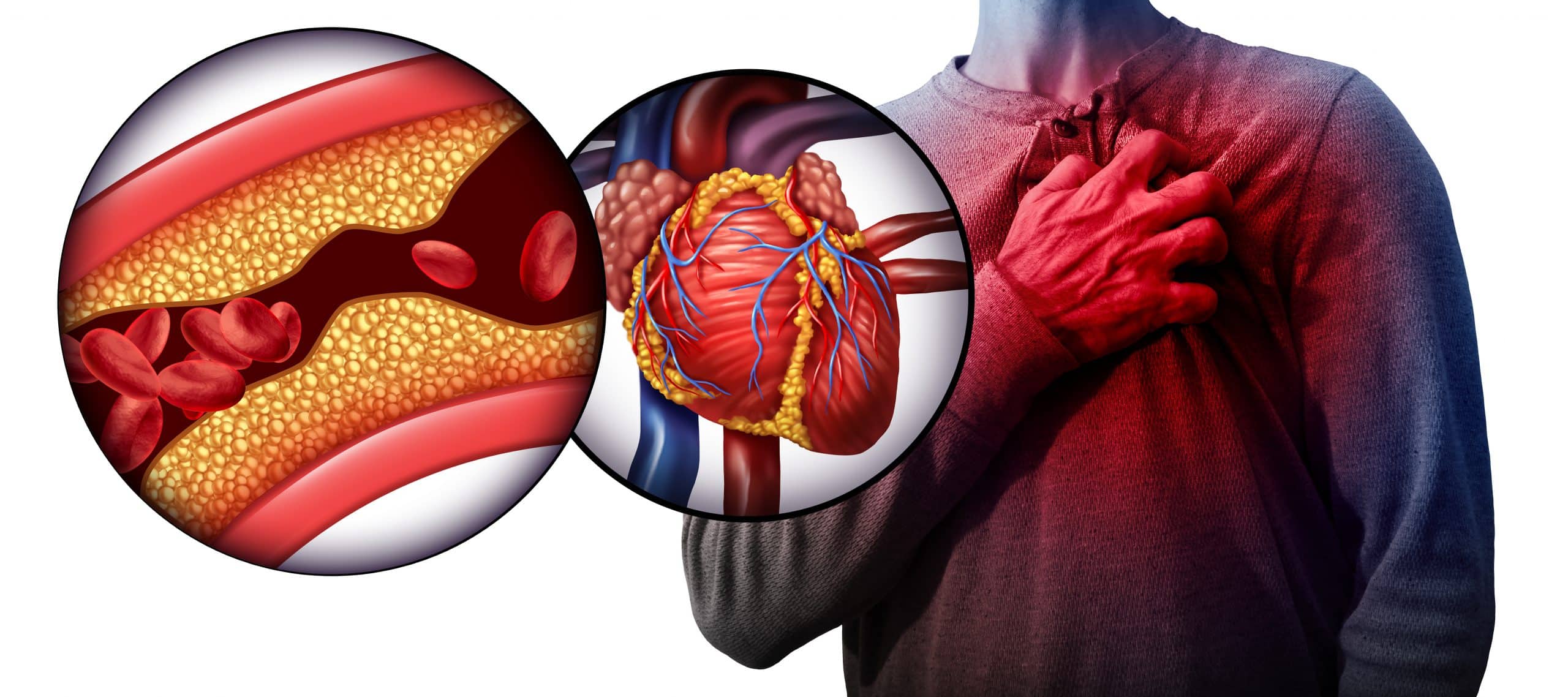Heart murmurs are a commonly misunderstood medical topic. In the U.S., up to 45 percent of children and 10 percent of adults have one, yet there is still a surprising amount of misinformation out there. We’re here to set some things straight and answer all the frequently asked questions surrounding heart murmurs.
Q: What Exactly is a Heart Murmur?
A: A heart murmur is an irregular sound between the usual “lub” and “dub” of your heartbeat. It is commonly heard in children, with many cases easing during the transition into adulthood. While not an actual heart condition or disease, a heart murmur can sometimes be the result of a more serious cardiovascular issue.
Q: Is a Heart Murmur a Hole in My Heart?

A: Contrary to popular belief, a heart murmur does not mean that you have a hole in your heart, or that you necessarily have a defective heart. Usually, heart murmurs do not interfere with healthy heart function, especially when heard in children. A hole in the heart, or cardiac shunt, can often be the cause of heart murmurs, however.
Q: What is the Difference Between Abnormal and Innocent Heart Murmurs?
A: “Innocent” heart murmurs, most commonly seen in babies and children, are usually able to fade with age and often go undiagnosed or untreated with little to no intervention. However, there are other types of murmurs that can be harmful or indicative of underlying cardiovascular issues, called “Abnormal” heart murmurs. An abnormal heart murmur, most common in adults, is usually the result of a heart valve abnormality or heart damage.
Q: What are the Signs of an Abnormal Heart Murmur?
A: You may still experience no obvious symptoms with an abnormal heart murmur, however, if and when you notice a combination of the following, you should consult with your cardiologist.
- Fainting
- Blue skin on your fingertips and lips
- Swelling
- Sudden weight gain
- Enlarged liver
- Shortness of breath
- Engorged neck veins
- Decreased appetite
- Stunted growth (in developing children)
- Heavy sweating
- Chest pain
- Persistent cough
- Dizziness
Q: Who is Most at Risk?
A: Some people are at higher risk of developing heart murmurs based on certain factors such as:
- Family history of a heart condition: If blood relatives have suffered a heart condition, defect, or cardiac event, particularly aortic stenosis, it can put you at a higher risk for acquiring a murmur.
- Certain medical conditions: If you suffer from high blood pressure (hypertension), hyperthyroidism, carcinoid syndrome, or any other condition leading to weakened heart muscles, you are at a higher risk of developing a heart murmur.
- Illnesses or drugs during pregnancy: A pregnant mother having certain illnesses during pregnancy, such as uncontrolled diabetes or a rubella infection, increase her baby’s risk of developing a heart murmur as an infant. Taking harmful medications or illegal drugs during pregnancy can also harm a developing fetus and lead to heart defects.
To learn more, click below to watch our Heart Murmur FAQ video! You can also find more of our informational videos on the CVG website.



